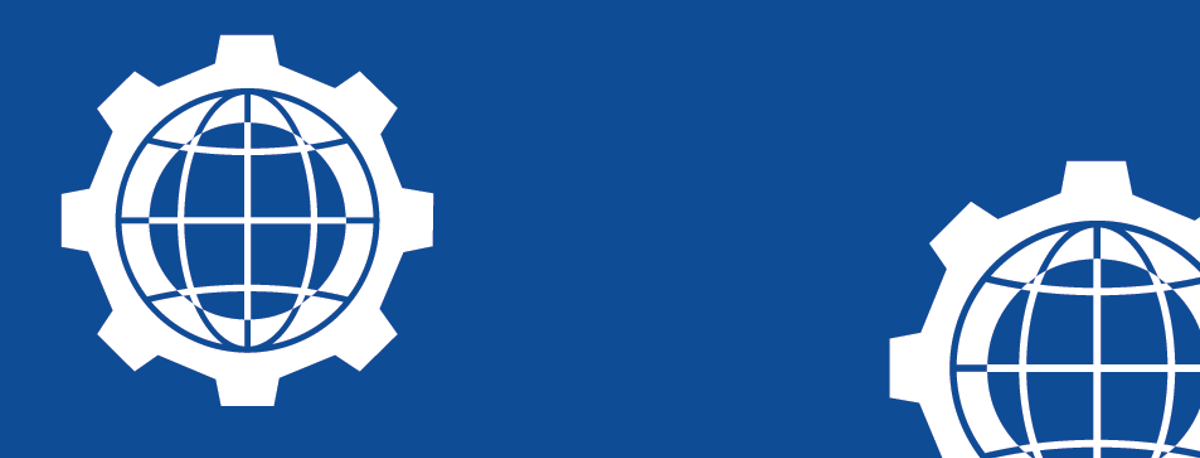Our industry is unique. I’m not the first – and certainly won’t be the last – CEO of a membership organisation to say these words. It’s something which I have repeated recently in dozens of conversations with industry stakeholders, regulators, and others.
IMCA’s Members are a small niche of companies and organisations that have the expertise, technology, and extensive offshore experience to safely deliver extremely complex and ever more demanding projects at sea.
They are also unique in the way that they work. They manage a global specialist fleet of only a few hundred vessels, which travel from offshore energy project to offshore energy project around the world. Crewed by teams with extensive experience of working at sea, and backed by subject-matter specialists onshore, there are few industries that can claim to work in this way.






Login / register to join the discussion
Comments
There are no comments for this article.